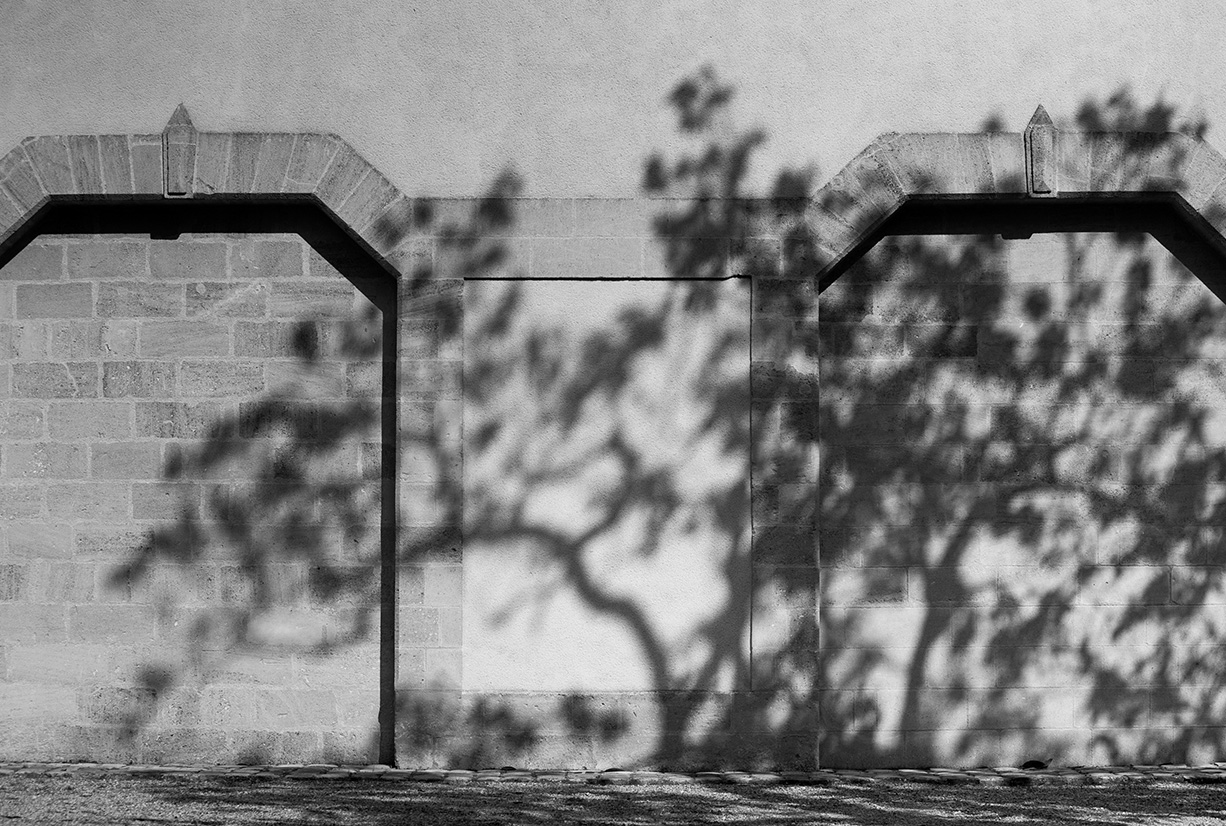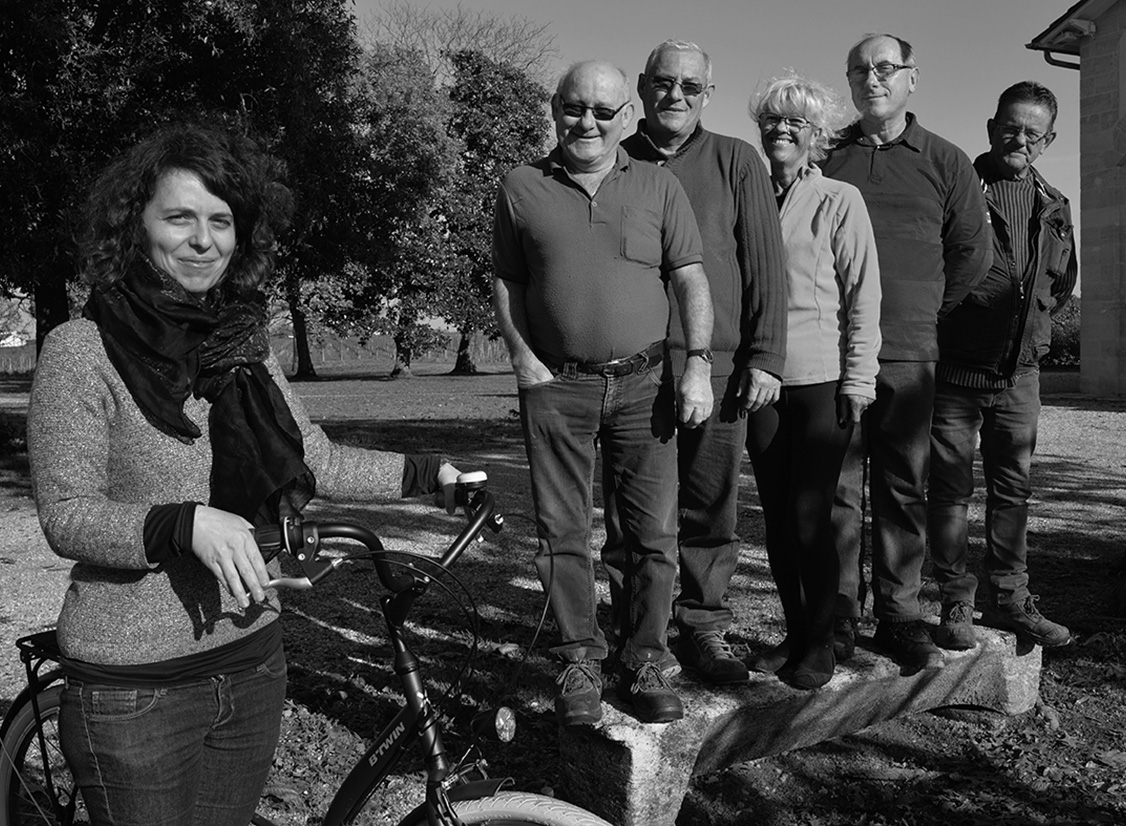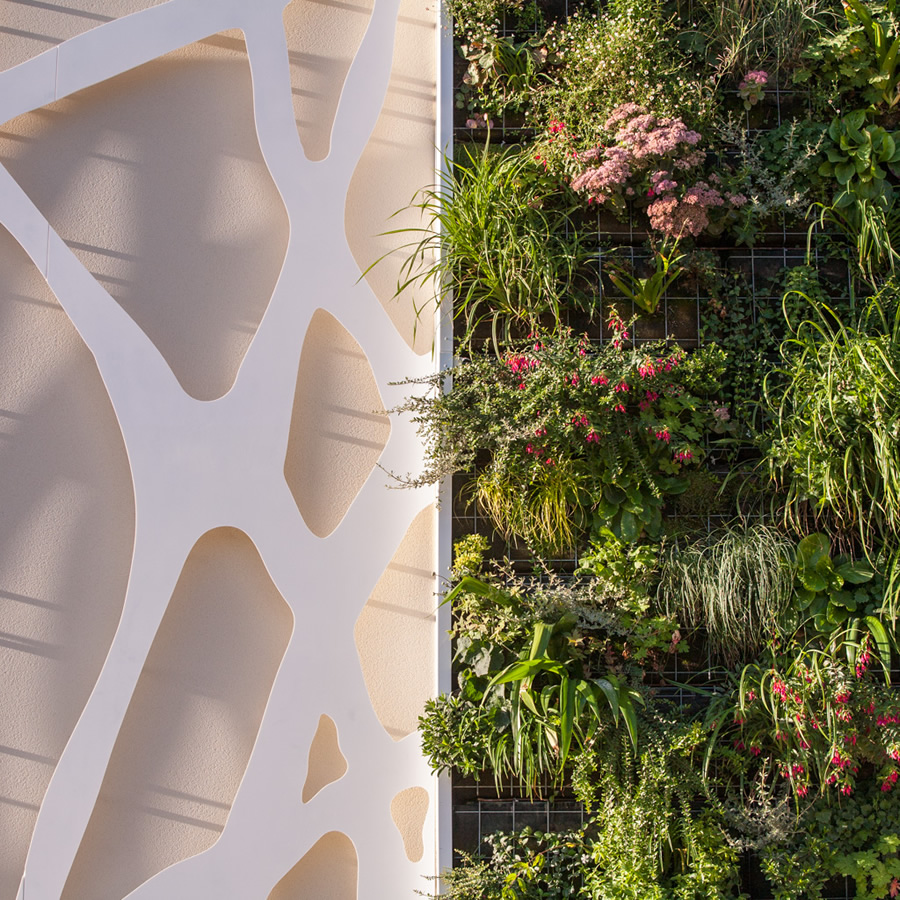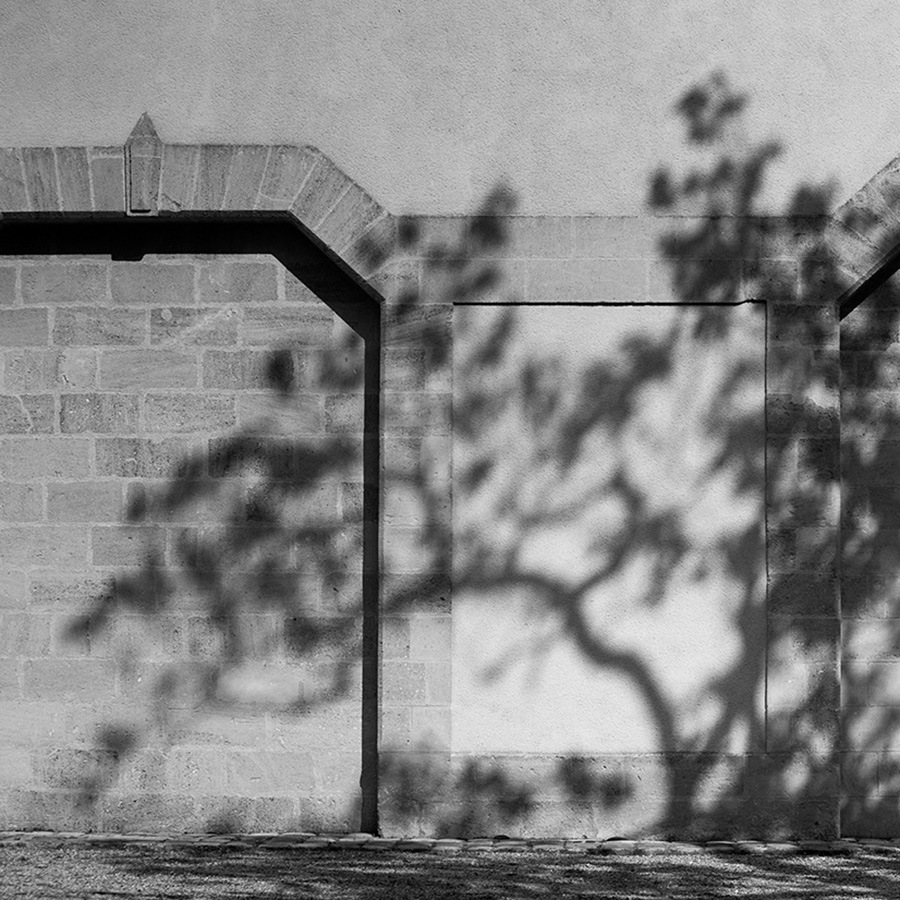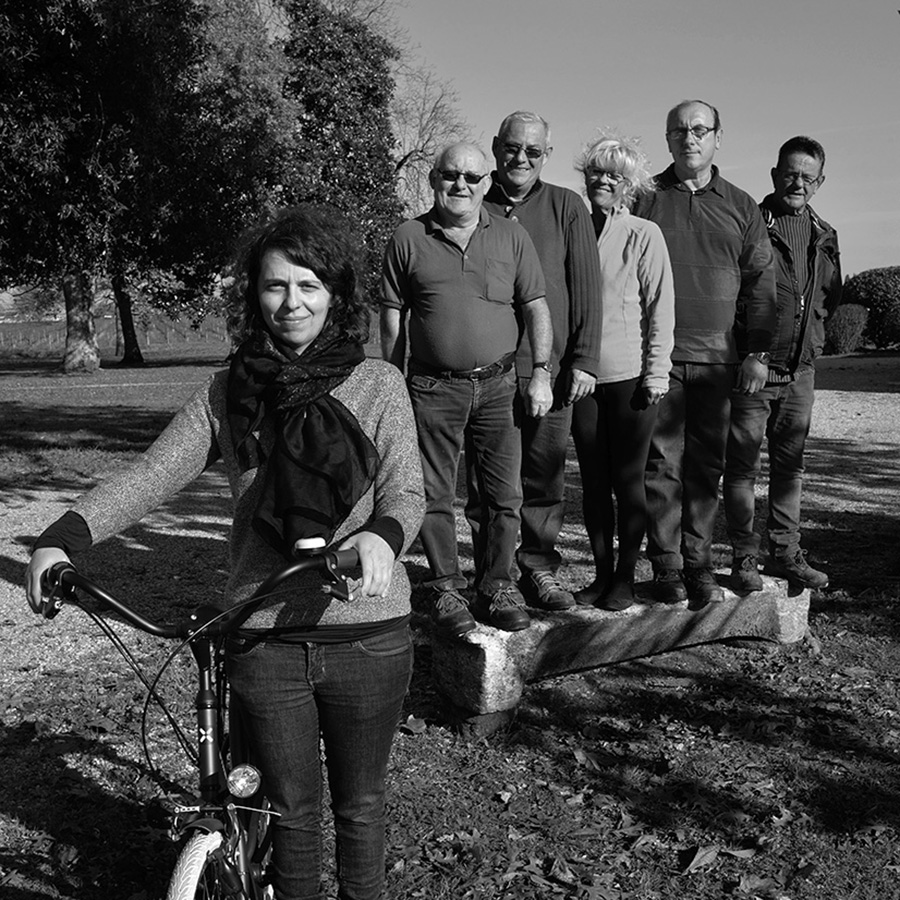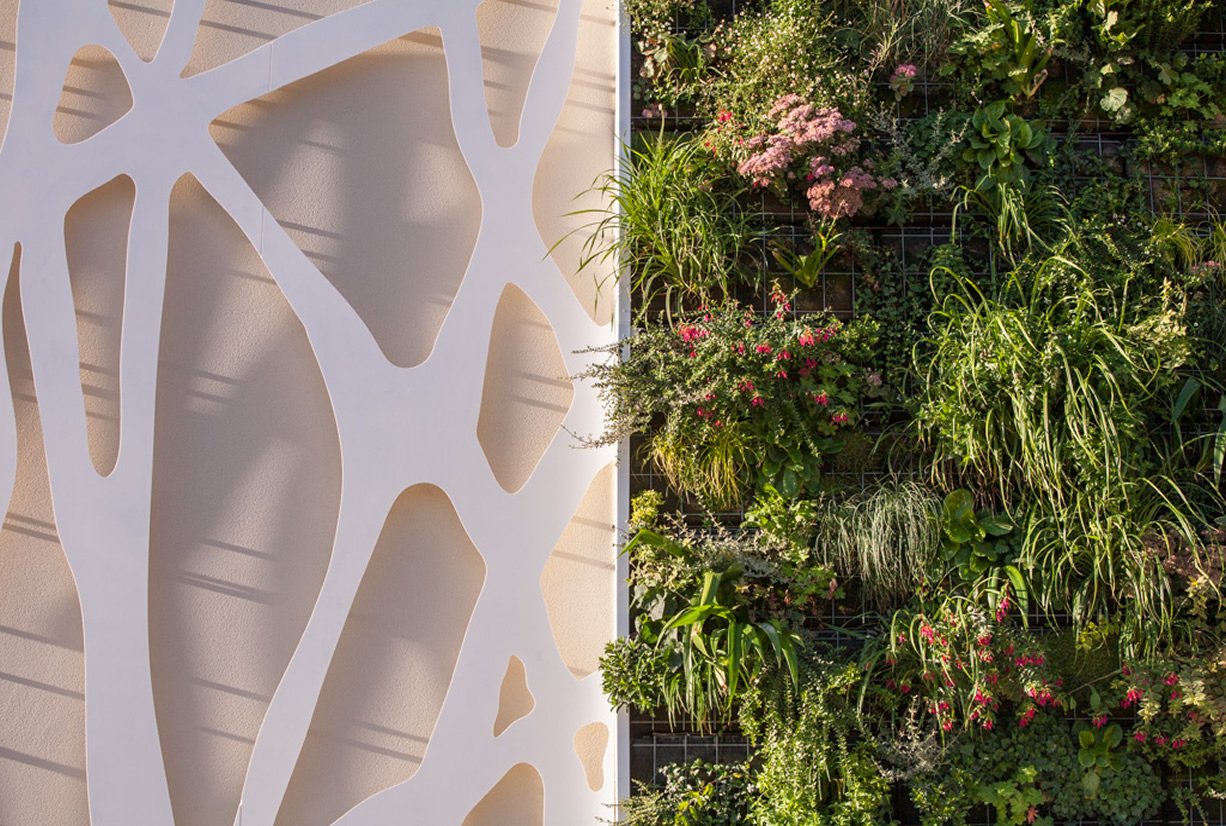


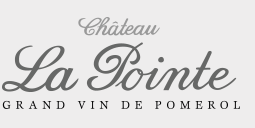

Our environmental policy
It takes a few hundred thousand years for a soil to form from rocks. On the human scale it is quite impossible to create a terroir, even with unlimited means. A great viticultural soil should be considered a unique, irreplaceable resource to be protected and carefully preserved from any pollution. This responsibility dictates the environmental policy here at Château La Pointe.
We had been using integrated farming methods for many years but we felt the need to extend and fine-tune our philosophy further. We thus became members of the first ‘’SME’ Environmental Management System association for Bordeaux wine. Several minds are always better than one. We wanted to make sure this SME project wasn’t to become just another file gathering dust in our office but rather a trigger, encouraging us to adopt a new approach, to evaluate situations, a learning tool leading to an improvement in our environmental performance.
So what is the reality behind these pretty promises ? For example we are committed to never using glyphosate-type herbicides on our soils (simply ploughed mechanically). Chemical fertilizers are replaced by fertilizers of animal origin (sheep) or green fertilizers (oats, mustard, peas, radish, clover). All treatment products are carefully dosed and targeted using precise data from our vineyard observations and own weather station. Of course all carcinogenic, mutagenic or reprotoxic products are totally excluded. Organic or bio-control products (protection of plants based on natural mechanisms) are favoured. All waste is recycled. Water consumption is optimized thanks to the collection of rainwater, used to wash agricultural equipment. Solar panels on the vinification cellar roof also reduce energy consumption.
Let’s not forget the men and women working in this environment. The true definition of the word ‘terroir’ includes ; the climate, the soil, the grape varieties and the skills of the people working on this land. Any credible environmental policy should thus include the human factor. Rather than giving an endless list, let us consider an example of our commitment ; we understand that working in this natural environment can be physically difficult.
An environmental policy should look beyond the production tool and be considered in its globality. Thus Château La Pointe has conserved its magnificent two-hectare park with its centuries-old trees. Located in the Pomerol appellation, this park could have been planted with vines but we considered it was part of the domaine’s history and identity, contributing to the biodiversity in this environment dominated by vineyards. This park is a veritable symbol of our environmental conscience.
Château La Pointe has been awarded both the HVE (High Environmental Value) and members of the first ‘’SME’ Environmental Management System association for Bordeaux wine, certified Iso 14001.
Fermer

A principle of permanent improvement
Winegrowers are aiming more and more to produce the best wines possible while preserving their environment. Just like the Californian producers with their Napa Green label, the Bordeaux winegrowers have also set up an environmental charter known as the SME (Système de Management Environnemental) for Bordeaux wines.
Each participant brings their own reflection on environmental issues (whether they favour biodynamic, organic or integrated agricultural methods) allowing us all to progress in our daily actions for the protection of our environment.
Château La Pointe participates actively in the SME project, and considers the impact of the estate’s activity on its environment : energy consumption, waste recycling, anti-pest strategies, vine-care methods. The group work accomplished by several properties together allows us to share practical, concrete experiences.
Fermer

A fascinating transition
We would be wrong to oppose the agronomist and the vine grower or the oenologist and the cellar master. Here we have the opportunity to combine the knowledge and skills of each, to combine quality and sustainability. The years to come will be extraordinary.
For centuries Man took an empirical approach and endured more than mastered the process, producing wines that could be either delicious or undrinkable.
As technical knowledge improved, the quality of wines became considerably more regular. However, these useful and necessary decades of oenological study caused a reduction in the time dedicated to the vines.
Nowadays “the old vine workers’ common sense” is respected and their observation and experience is valued. Partly freed from the cellar by the modern mastery of vinification, we have made a vital return to reality and to our vineyards.
Fermer
